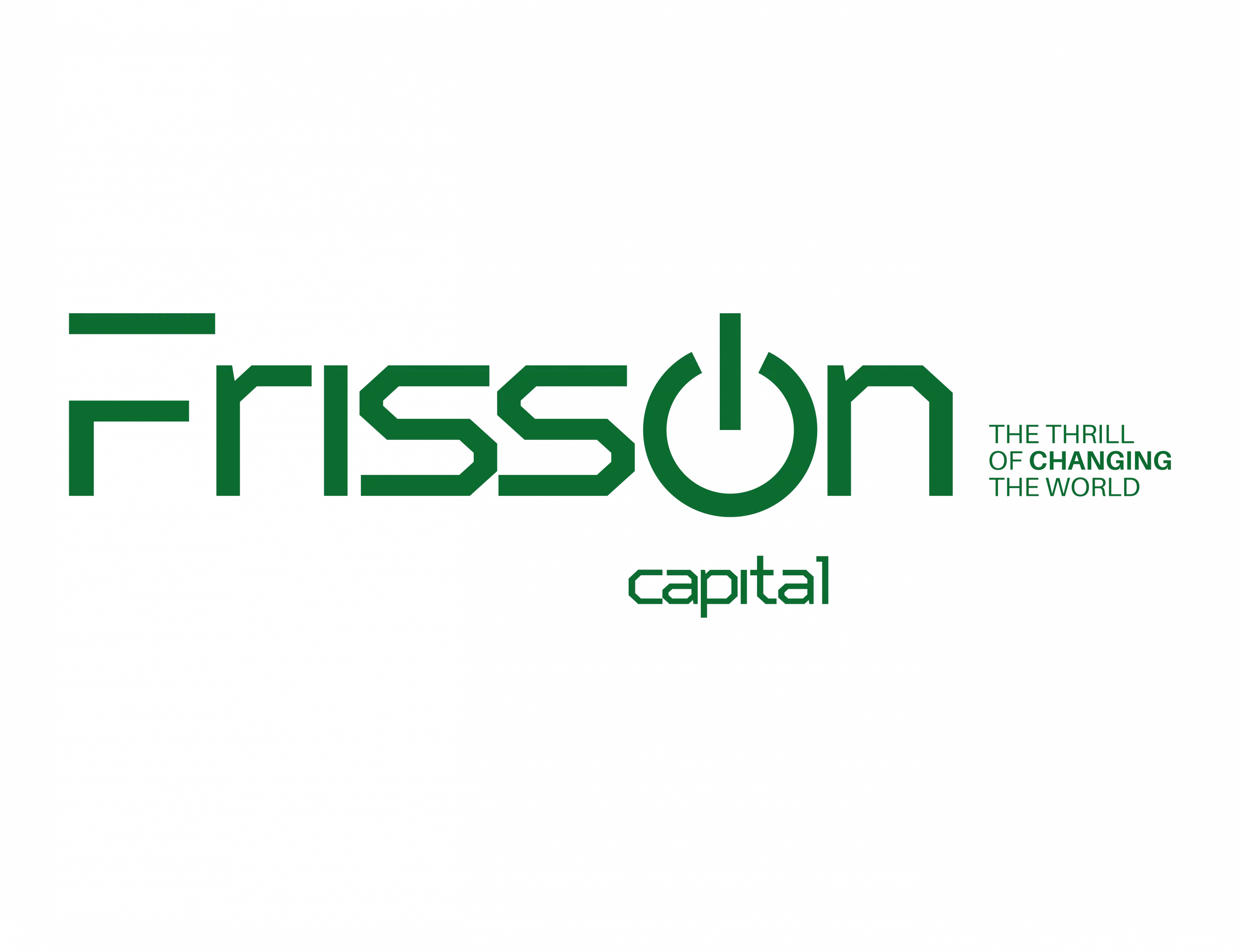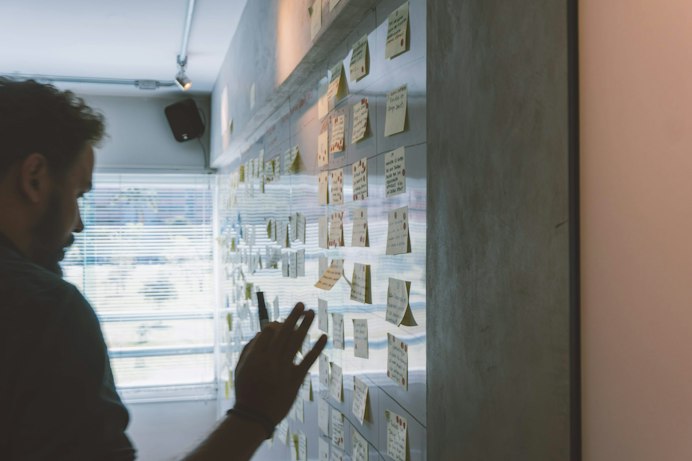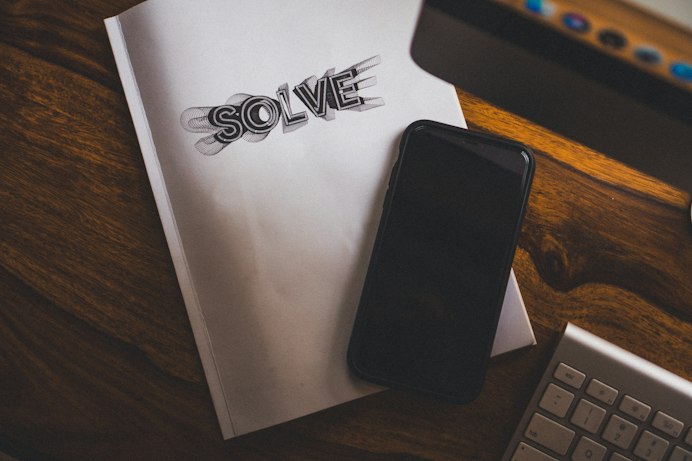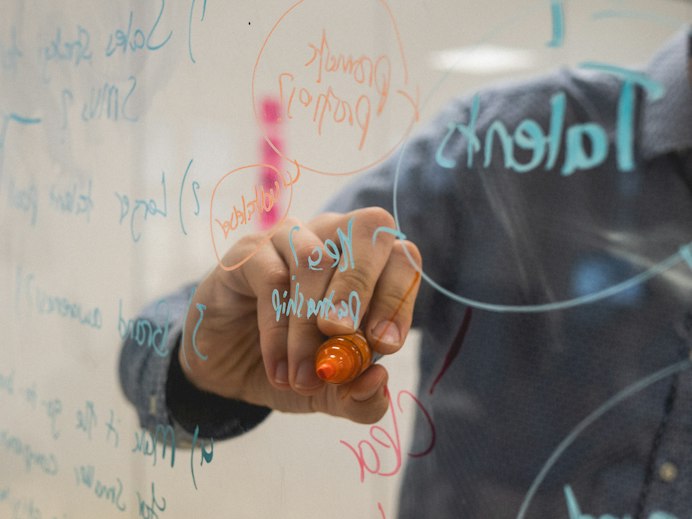The changes are impacting the transformation of the traditional economy to one that is increasingly dependent on intellectual capital and individual skills, thanks to the rapid expansion of knowledge and the growing reliance on computerization, big data analytics, and automation.

The world is changing rapidly, thanks primarily to science and technology. A clear proof of this change is how scientists in several countries have managed to develop vaccines against Covid-19 in an impressively short time, compared to what happened in the last century.
Technology has impacted the lives of human beings. The social and technological development of countries has modified the way we communicate and relate to each other, the way we learn and work, do business, and, in general, how each society develops. Today, new technologies have modified the paradigms of countries’ educational systems and the ways of creating companies.
Science and technology have changed and continue to change the world. Human prostheses can now be produced in 3-D printers. Thanks to an electronic application we can measure weight, body mass, calorie burn, and determine if we sleep too much. Industrial plants are increasingly automated. The oceans are cleaned with technologies for extracting polluting waste. Even the storage of information that used to be done in large devices is now achieved in small, high-capacity chips.
Technology has made our daily lives easier, but it has also become a tool for social, political, and economic transformation. The changes are impacting the transformation of the traditional economy to one that is increasingly dependent on intellectual capital and individual skills, thanks to the rapid expansion of knowledge and the growing reliance on computerization, big data analytics, and automation.
Michael Porter is a Harvard Business School professor and creator of the “Five Forces” model for business analysis. He argues that, in today’s economy, a company’s ability to develop and maintain a competitive advantage in the marketplace increasingly depends on its ability to adapt quickly to an ever-changing world through the use of continuous innovation in its business processes and systems.
We know this as the “Knowledge Economy,” a concept popularized by the famous business management consultant Peter Druker. Focusing on the essential importance of human capital and intangible assets in the 21st century.
It is an economy characterized by the presence of more and more employees with special knowledge or skills. Contrary to the economy dependent on labor for the production of physical goods, which is composed of service industries and jobs that require thinking and analyzing data. The most valuable assets are intangible assets such as patents, intellectual property rights, specialized hardware or software, or patented processes. It is an economy that seeks to generate wealth and value using the information it transforms into knowledge.
It is an economy that relies on and thrives on innovation, research, and rapid technological advances. That is why the overwhelming majority of workers in the knowledge economy are extremely computer literate and skilled in creating business and financial models. This is why it is considered the main driver of the massive expansion of what is known as STEM (Science, Technology, Engineering, and Mathematics) jobs. The knowledge enables companies and businesses to compete in the modern globalized economy by bringing together the necessary technical expertise, data collection and analysis skills, and innovative management practices.
One characteristic of this economy is the development of industrial clusters centered in a specific geographic area, as is the case with automotive engineering companies in Germany. Information technology companies in the so-called “Silicon Valley” in the United States or the electronics industry in South Korea.
Transitioning to a knowledge economy may face some problems as workers in the industrial economy do not always have the necessary skills to function and be optimally productive in a knowledge economy or are resistant to change. Overcoming this challenge implies that companies develop comprehensive and well-structured training programs for staff development and sufficiently motivate employees to receive complimentary education to learn new skills outside their work environment.
Universities and specialized educational centers have also adapted to the changes by recognizing that the best way to impact the world is by developing knowledge in technologies applied to people’s lives. To this end, they need to identify the skills and knowledge demanded by the market dynamics to offer the best possible education.
From the classroom to scientific and technological entrepreneurship
One such example might be Tufts University’s Graduate School of Biomedical Sciences (GSBS), located in Boston, Massachusetts, with a strong network of alumni who hold leadership positions in the industry. “Being able to tap into our alumni who have first-hand knowledge of these career paths has been vital to our student’s career exploration,” expresses school dean Dan Jay.
One of its alumni, Jaclyn Dunphy, interested in science and entrepreneurship, took advantage of opportunities such as the Gordon Institute’s $100,000 Startup Competition – a network of drug rehabilitation centers. Along with her collaborator, Allan Chen, won the third prize for their concept for Cabin Labs, which eventually became a company producing new kinds of chronic pain medication.
Dunphy now works full-time as an associate at Flagship Pioneering, a startup company in Cambridge, Massachusetts, that conceives, creates, founds, and funds biotech startups. In an interview, Dunphy expressed, “The things that make me a good scientist also make me a good entrepreneur: the creativity, the motivation, the desire to have an impact, just on a different scale.”
GSBS has begun offering more resources to help students understand the drug discovery process, learn how to function in a corporate environment, and hone their entrepreneurial skills. This includes seminars, one-day career coaching workshops, internships at area companies, drug discovery courses, and communities of practice and management; and participation in the Biomedical Entrepreneurship at Tufts (BEAT) series with alumni and guest speakers.
It also offers a five-session short course on entrepreneurship, taught by Jack Derby, Cummings Family Professor of the Practice of Business Engineering Management, Innovation, and Entrepreneurship, at the Gordon Institute in the School of Engineering and director of the Tufts Center for Entrepreneurship. Joining all of this are several people involved at very high levels in different industries to assist in how to best expose students to different career paths, and determine what kind of training they need to succeed as students and as entrepreneurs.
This is not the only case, nor is it the only university that opens its students’ horizons beyond the classroom and university laboratories. Nearly 30 percent of Fortune 500 CEOs have studied science, become entrepreneurs, and contributed to the economies of their respective countries. A few examples:
Antoine Hubert, an agronomist by training with a master’s degree in ecology from AgroParisTech in Paris, France, has studied how agricultural and industrial activities affect the environment, which motivated him to start a company: Ÿnsect, a producer of insect-based ingredients to feed humans, animals, and plants. “If we wanted animals to eat insects, the industry didn’t exist, and we had to create it,” he says.
After developing the concept, they won innovation awards and received some public funding, totaling just over $100,000, and their first capital from a cleantech investor, Demeter. This allowed them to grow their research lab and experiment with how to turn insects into animal feed. Finally, after battling EU regulations, learning how to lobby officials to persuade them, and figuring out how to win over investors and customers, the company has been operating for four years and is about to open its second vertical farm that will be the largest in the world, and the first carbon-negative one.
Hubert believes that more scientists should consider becoming entrepreneurs, as science can help solve many global problems, such as reducing waste and making the economy more efficient.
Alice Bentinck, who studied management at the University of Nottingham (UK), created Entrepreneur First in 2011 to help aspiring entrepreneurs create tech startups from scratch. “If you’re building a company that’s based on sophisticated technology, you need to have a good understanding of what that technology can do so you can build a vision and sell it accurately to your customers,” she says, acknowledging that she’s a fan of tech CEOs.
Bentinck encourages aspiring tech entrepreneurs to take the plunge after finishing their Ph.D. He says it is the time of maximum opportunity, as they have unique, cutting-edge research to contribute that would lose its value if they wait too long.
Walk the talk
When physicist Jan Goetz, CEO of IQM, decided to leave academia to become an entrepreneur and start a company in 2018, it took him just five minutes to decide.
When he made the career change, Goetz was a postdoctoral physics researcher working on superconducting quantum circuits at Aalto University in Espoo, Finland. His team was developing superconducting processors for quantum computers, a new computing paradigm that should exponentially speed up heavy computing tasks. His co-founders, Mikko Möttönen, Juha Vartiainen, and Kuan Yen Tan, also scientists, realized they had everything they needed to start a company.
“We have the technology and also a very good team,” he says. “I thought it was a new adventure and a great opportunity for Europe and the Chemicals industry.” Goetz and his colleagues were supported by their university and the Finnish state research center VTT
Because Goetz and his co-founders came from a scientific background, they also had to learn a wide range of business skills, from finance and marketing to human resources, which they acquired on the job.
The company, which launched operations in July 2019, has been moving at full speed and recently announced hiring its 100th employee just over two years into operation. This rapid development has been made possible by initial funding of €11.45 million in venture capital and public funding from Business Finland.
Vivian Chan co-founded Sparrho with Niluka Satharasinghe in 2013 to make cutting-edge scientific information more accessible. Using artificial intelligence combined with the expertise of scientists from around the world, they have created a system that aggregates, curates, and summarizes scientific research so that businesses and individuals can get digestible updates on their topics of interest.
The idea for her company came from a problem she had encountered herself: while working for an Australian venture capital fund, she was investing in the life sciences research of a few universities. There, she had to get up to speed in various fields, from oncology to vaccines, to find out whether a spin-off company was novel to invest in. However, he found that keeping up with scientific literature was challenging.
Chan found that, as in academia, problem-solving skills are important for entrepreneurship. However, running a business is much faster, and you learn a lot in a short time.
Innovation in every corner of the world
In Latin America, thanks to the support of the U.S. Office of Naval Research (ONR) Global, which has funded and worked with researchers in the Latin American region since the early 2000s. From data science to synthetic biology, Latin American universities, research centers, and scientists have been critical to ONR Global’s success and to the advancement of projects that have the potential to change the world.
In Mexico, with that support, scientists at the National Autonomous University of Mexico (UNAM) in Yucatan are investigating ways to decontaminate environments that oil spills have negatively impacted through the use of genetically modified bacteria. Dr. Mario Alberto Martínez Núñez is a graduate of UNAM’s Institute of Biotechnology where he is an associate professor. His team is trying to identify new bacterial organisms in the coastal areas of Yucatán. They are looking at genetic frameworks that allow testing in a wider variety of environments, including extreme temperatures and pH levels. Synthetic biology is largely limited to experimentation with laboratory organisms, such as E. coli, which are restricted to controlled environments.
In Costa Rica, Dr. Sergio Paniagua of the Centro Nacional de Alta Tecnología (CeNAT) in San José, an inter-university space dedicated to networking, research, and innovation, is developing nanostructures. These nanostructures are being developed to keep surfaces free of bacteria, especially in confined spaces that can become bacterial breeding grounds (bacteria adhere to surfaces that may appear smooth to the human touch, but are rough at the microscopic level). Through precise analysis of the topographical composition, nanostructures can attach bacteria to the surface of one object, preventing them from spreading or traveling to another. From the results of how the nanostructures interact with bacteria, researchers could modify them to limit the spread of viruses as well.
Integrating this technology into hospitals and biomedical devices would greatly reduce hospital-acquired infections by reducing bacterial colonies.
In Brazil, there’s a group of researchers, led by Dr. Marcelo Zuffo, Ph.D. in Electrical Engineering and Associate Professor at the Escola Politécnica da Universidade de São Paulo. They are studying pressure damage to lung tissue to produce low-cost, high-tech ventilators for hospitals. It is an open-source, low-cost hybrid ventilator called INSPIRE, which allows doctors to monitor their patients remotely. The design is built from commercially available components to keep production costs low. The research also explores how to make the ventilators more portable, and solar-powered.
In Chile, Juan Pablo Cardenas, Ph.D. in Complex Systems Physics and principal investigator at Net-Works, a center dedicated to big data analysis, is working to detect early warning signals in social networks. They hope to do this by analyzing data and looking for patterns that can help predict when a macro change in a social system, such as mass demonstrations, will occur.
To identify when social systems reach that tipping point and move from a “normal” to a “critical” state, the project applies algorithms drawn from applied biology and ecology that are used to detect similar patterns in the natural world. The research seeks to aid decision-making in the future increasingly rooted in interconnected, high-speed human interaction, where identifying critical states in social systems can mean the difference between the rise and fall of entire states.
Some points for your reflection
Given the above context, a question arises: does it make sense to start a business based on science? If the answer is yes, why is it not encouraging when numerous examples in the world attest to this?
Gary P. Pisano, Master of Business Administration at Harvard Business School, speaks of “innovating the way we innovate” and points out that science and business belong to two different ways of conceiving the world. The first challenge is to interconnect them. The problem lies in the management models, since managing science is not the same as managing companies, and the disconnection between the two worlds, that of those who generate knowledge and that of those who manage to come up with successful commercial formulas, is, in his opinion, one of the great obstacles to overcome.
If we think about it and review what is out there, we will realize that there are few scientists with business training and much fewer entrepreneurs with scientific or technological training. Therefore, it is necessary to have knowledge managers who are linked to the business world and its needs and ways of conceiving the business and be able to go the other way when necessary.
Knowledge-based companies are essential to sustain a productive model that does not fall into speculative bubbles and, consequently, is not affected by cyclical crises. The purpose of any company is to sell. To sell, it is necessary to be competitive (in prices and quality, for example) or innovative. And to innovate requires ideas, many of which come from basic science.
If information is available on the Internet, how can we give value to knowledge? And if knowledge today is global, how can we educate for it? What is the value when technology allows everything to be close and immediate?








